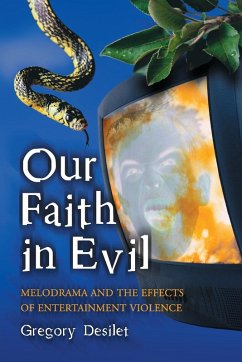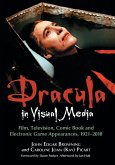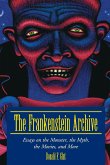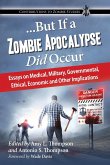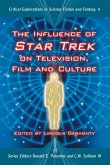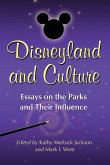Is violence in American cinema a reflection of life? Or does life imitate the violence people see in cinema? One of the pressing questions in today's society is whether fictional portrayals of violence have social or psychological consequences. Studies have concluded with both "yes" and "no" verdicts. Is America a culture of violence? Why does violence, horror and melodrama appeal to people? This book explores these issues with primary focus on entertainment, especially film, through lenses of the media, the consumer, and the cultural backdrop. The film A Clockwork Orange allegedly spawned so much violence in the United Kingdom that director Stanley Kubrick was rumored to have fled with his family to avoid a death threat. From that classic case, the author takes readers through a study of media and violence that examines the structure of horror, the origin and nature of evil, the Greek mythic tradition, melodrama and catharsis, fairy tales, comic books, video games and real horror. In part two the author offers case studies in several genres: westerns, multi-melodrama (The Silence of the Lambs), slasher films, psycho drama, serials such as Star Wars and Harry Potter, apocalyptic melodrama, modern and postmodern noir, creature features and religious melodrama. In-text citations are included, and two notes expand on a couple of issues in the text--the perspectives of Plato and Aristotle on the effects of tragic drama, and discussion of differences of opinion relating to methodological approach.
Hinweis: Dieser Artikel kann nur an eine deutsche Lieferadresse ausgeliefert werden.
Hinweis: Dieser Artikel kann nur an eine deutsche Lieferadresse ausgeliefert werden.

